What is a gas fireplace like?
cateyanne
17 years ago
Related Stories
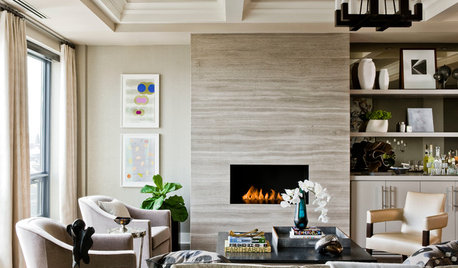
LIVING ROOMSHow to Convert Your Wood-Burning Fireplace
Learn about inserts and other options for switching your fireplace from wood to gas or electric
Full Story
FIREPLACESRibbons of Fire: 10 Artfully Minimalist Fireplaces
Long and lean and sleek to the core, these gas-burning fireplaces make a powerful contemporary statement
Full Story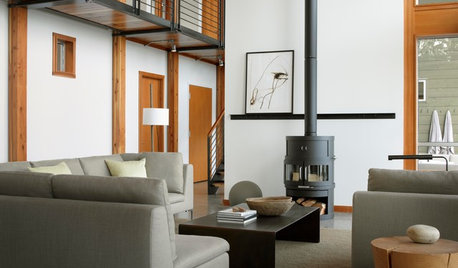
REMODELING GUIDESClean-Burning Woodstoves Ignite a Greener Heating Trend
No need to rely on oil or gas to heat your home — new woodstove designs burn cleanly and are beautiful to boot
Full Story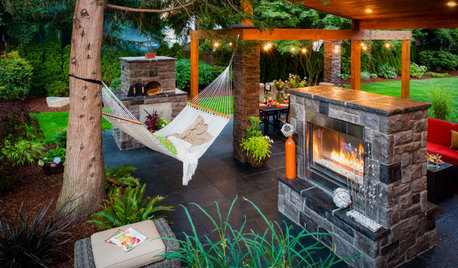
OUTDOOR KITCHENSOutdoor Room of the Day: This Patio Cooks, Even in the Rain
Washington homeowners create their dream outdoor kitchen with a pizza oven, gas grill, fireplace and more
Full Story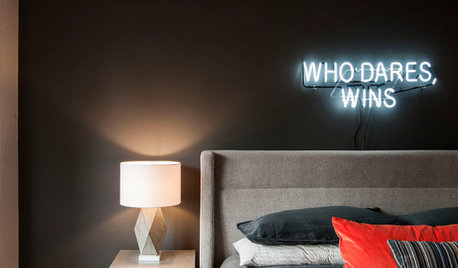
DECORATING GUIDESDecorating With Neon: It’s a Gas
Illuminated letters are lighting up interiors. What would your sign say?
Full Story
DECORATING GUIDES8 Ways to Frame Your Fireplace With Shelves
Make your fireplace even more appealing by bypassing standard shelves for standout designs like these
Full Story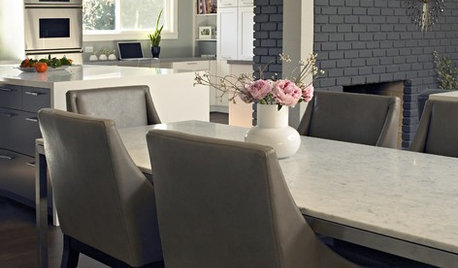
BRICKHow to Paint Brick Like a Pro
Got a bland or beat-up brick wall? Treat it to a fresh face with paint in any color you choose
Full Story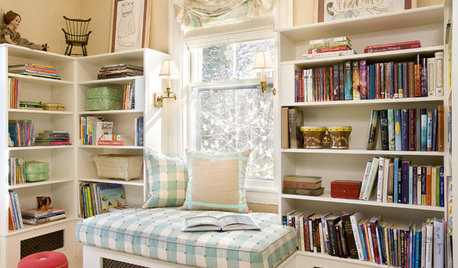
LIFEHouzz Call: What Makes Your House Feel Like Home?
Sometimes just one thing gives you that warm and fuzzy feeling. Let us know what it is for you
Full Story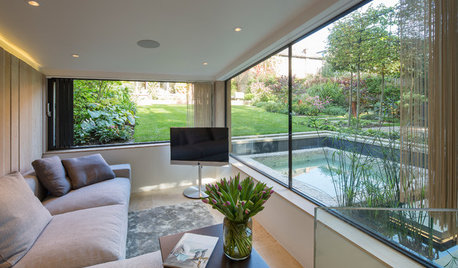
OUTBUILDINGSRoom of the Day: Spa-Like Relaxing in a London Garden
Nature inspired the design of this gym, sauna, hot tub and more, so it blends seamlessly with the surrounding woodland
Full Story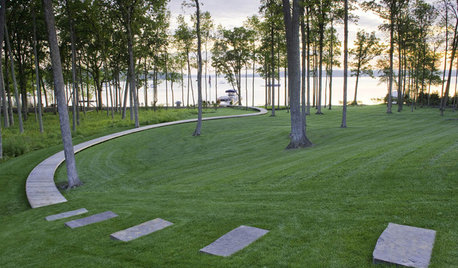
ARCHITECTUREThink Like an Architect: Know Your Homesite for a Great Design
Learn how to approach a building site the way professionals do — considering everything in sight
Full Story






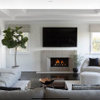
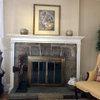

formulaross
richgvt
Related Professionals
Bountiful Fireplaces · Canton Fireplaces · Aspen Hill Interior Designers & Decorators · Centerville Interior Designers & Decorators · Middle Island Interior Designers & Decorators · Cedar Hill General Contractors · Franklin General Contractors · Maple Heights General Contractors · Noblesville General Contractors · Park Forest General Contractors · Pocatello General Contractors · Rohnert Park General Contractors · Winton General Contractors · Avocado Heights General Contractors · La Jolla Lightingjca1
kaytee1968
Xanndra
kaytee1968
cateyanneOriginal Author
kaytee1968
jca1
kaytee1968
jca1
cateyanneOriginal Author
jca1
usgirl
jca1
cls912_alltel_net
gght
carmela
gothere2
lakeshorebuilder
speedmaster
allan-2007
SeattlePioneer
eagle100
egor_sb